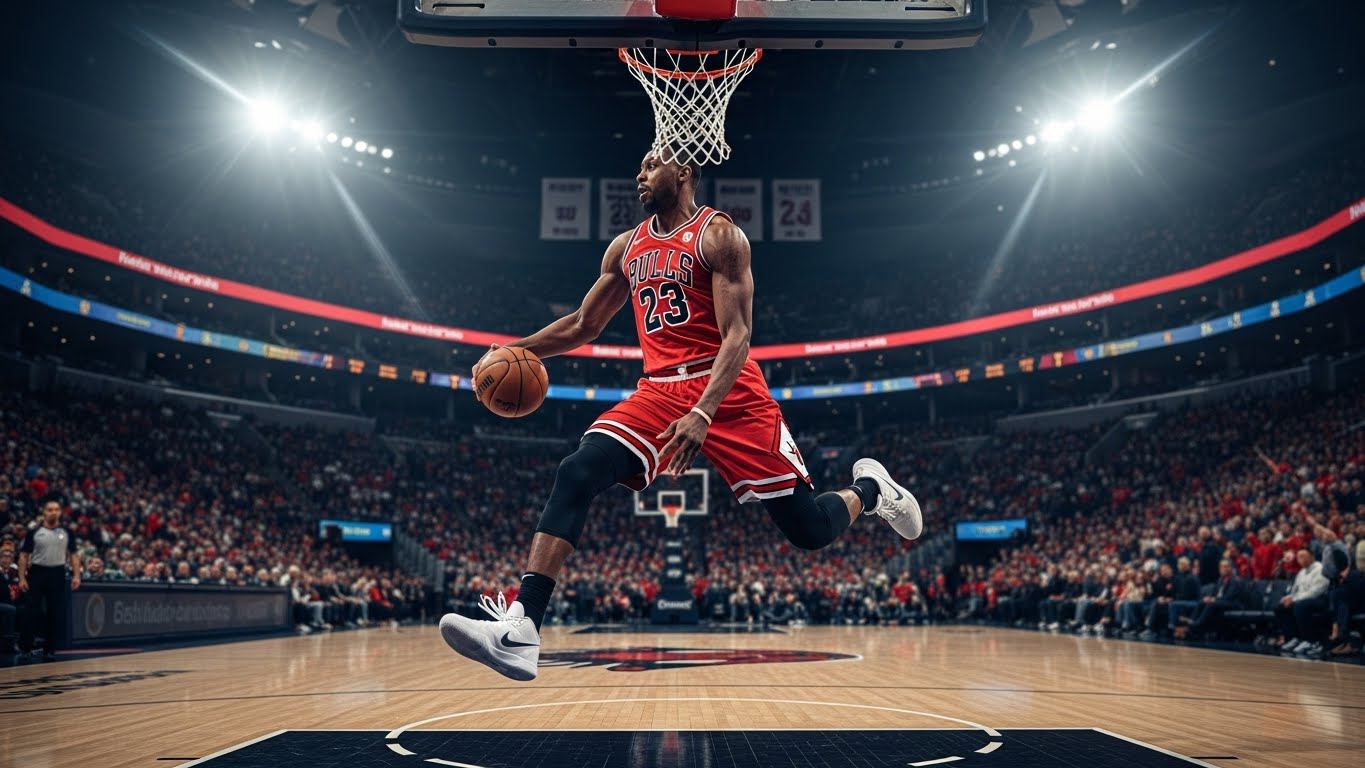In the world of sports, victory is often synonymous with physical prowess: the fastest sprinter, the strongest weightlifter, the most skillful footballer. But behind every successful athlete, there is an equally powerful force that goes unnoticed: the mind. Mental strength is the driving force that allows athletes to overcome adversity, push through pain, and maintain focus under pressure. While training the body is essential, training the mind is just as important — and sometimes even more so. In this blog post, we’ll dive into why mental strength is the secret weapon in sports and how athletes can harness its power to elevate their game.
Mental Toughness: The Foundation of Success
Mental toughness is often described as the ability to persevere through difficult situations and stay focused, even when things aren’t going according to plan. In sports, this means maintaining composure during high-pressure moments, like taking the final penalty in a shootout or executing a complex move in gymnastics. Athletes with mental toughness don’t crumble under pressure. Instead, they rise to the challenge and perform their best when it matters most.
The true power of mental toughness lies in its ability to withstand setbacks. Every athlete faces failure at some point — an injury, a bad game, or a missed opportunity. But athletes who possess mental toughness bounce back stronger. They use setbacks as learning experiences rather than as signs of defeat. This resilience is what often separates champions from those who fall short.
Motivation: Fueling the Desire to Compete
Motivation is the fuel that keeps athletes going, especially when the road becomes tough. Without motivation, training can feel like a chore, and success can feel out of reach. There are two main types of motivation that drive athletes: intrinsic and extrinsic.
Intrinsic motivation is the internal drive to achieve personal goals, improve one’s skills, or simply enjoy the sport. Athletes who are intrinsically motivated often find deep satisfaction in the process itself, whether it’s mastering a new technique or competing at their best. This type of motivation tends to be more sustainable in the long run because it is not reliant on external rewards.
Extrinsic motivation, on the other hand, comes from external sources like trophies, fame, or financial rewards. While these can provide short-term bursts of motivation, they often fade once the prize is achieved. The most successful athletes find a balance, using both intrinsic and extrinsic motivation to fuel their journey.
Focus: The Art of Staying Present
Focus is one of the most critical mental skills an athlete can develop. The ability to tune out distractions and stay present in the moment is essential for success in sports. Whether it’s a tennis player preparing for a serve or a quarterback reading the defense, athletes must maintain laser-like focus on the task at hand, especially when the stakes are high.
Achieving this level of focus is not easy. It requires practice, mindfulness, and mental discipline. Many athletes use techniques like visualization, where they mentally rehearse their performance, and meditation, to calm their minds and block out distractions. Training the mind to stay focused is just as important as physical training, if not more so, because distractions can cause mistakes, missed opportunities, or even injury.
Overcoming Performance Anxiety
For many athletes, the pressure to perform can lead to anxiety. This is especially true when the stakes are high, such as in championship games or important competitions. Performance anxiety can manifest in physical symptoms like a racing heart, sweating, or nervousness, which can hinder an athlete’s ability to perform well.
Managing performance anxiety is a skill that can be developed through mental techniques. Deep breathing exercises, progressive muscle relaxation, and positive self-talk are all strategies that help athletes stay calm and focused. By shifting their mindset and reframing anxiety as excitement or energy, athletes can use these feelings to fuel their performance instead of allowing them to become barriers.
The Role of Confidence in Performance
Confidence is often the key differentiator between athletes who excel and those who falter under pressure. When athletes believe in their abilities, they are more likely to take risks, push their limits, and perform to their fullest potential. Confidence breeds self-assurance, which enables athletes to act decisively and trust their instincts during critical moments.
However, confidence is not something that can be built overnight. It is the result of preparation, experience, and past success. Even when faced with setbacks or challenges, athletes with high levels of confidence maintain belief in themselves. They use failure as motivation to improve rather than as a reason to doubt their abilities. Building this type of confidence requires mental training, such as visualization of success, setting small goals, and focusing on positive affirmations.
The Impact of Team Dynamics
In team sports, mental strength extends beyond individual performance. Team dynamics play a crucial role in the overall success of a group. Trust, communication, and cohesion are essential for a team to work together effectively, especially in high-stress situations. A team’s ability to stay mentally strong, even when faced with adversity, can be the deciding factor in winning or losing a game.
Good leaders within a team are also essential for maintaining mental strength. Captains and experienced players help manage the psychological atmosphere, motivate teammates, and keep the team focused on their collective goals. The mental bond between teammates — the sense of unity and shared purpose — can boost morale and improve performance, even when physical challenges arise.
Resilience: Bouncing Back from Adversity
No one is immune to adversity in sports. Injuries, losing streaks, and tough competition can take a toll on an athlete’s mindset. But resilience — the ability to recover and come back stronger after setbacks — is what sets the best athletes apart. Resilience isn’t just about physical recovery; it’s about emotional and mental recovery as well.
Athletes who are resilient are able to accept failure as part of the process. They don’t dwell on mistakes or let them define their future performances. Instead, they view each setback as an opportunity for growth. Resilient athletes stay positive, remain focused on their long-term goals, and continue pushing forward, no matter how difficult the journey may be.
The Mind-Body Connection
The connection between the mind and body is undeniable in sports. An athlete’s mental state directly affects their physical performance. For example, when an athlete is mentally stressed, their body may respond with increased muscle tension, slower reaction times, and a greater risk of injury. Conversely, a calm and focused mind allows for fluid movement, quick reflexes, and peak physical performance.
Mental strength and physical training must go hand in hand. A well-rounded athlete doesn’t just focus on building their body; they also train their mind to handle pressure, remain focused, and stay positive. By developing both their mental and physical capabilities, athletes can achieve true peak performance.
Conclusion: The Power of the Mind in Sports
Sports are not just about physical ability; they are about mental strength as well. Athletes who excel in their sport understand the importance of mental training — the ability to stay focused, resilient, and confident in the face of adversity. The mind can be a powerful tool for success, guiding athletes through the highs and lows of their journey and helping them achieve greatness.
Whether you’re an aspiring athlete or simply someone who enjoys sports for fun, understanding the importance of mental strength can help you improve your performance and enjoy the process. The mind, after all, is just as critical to success as the body.



